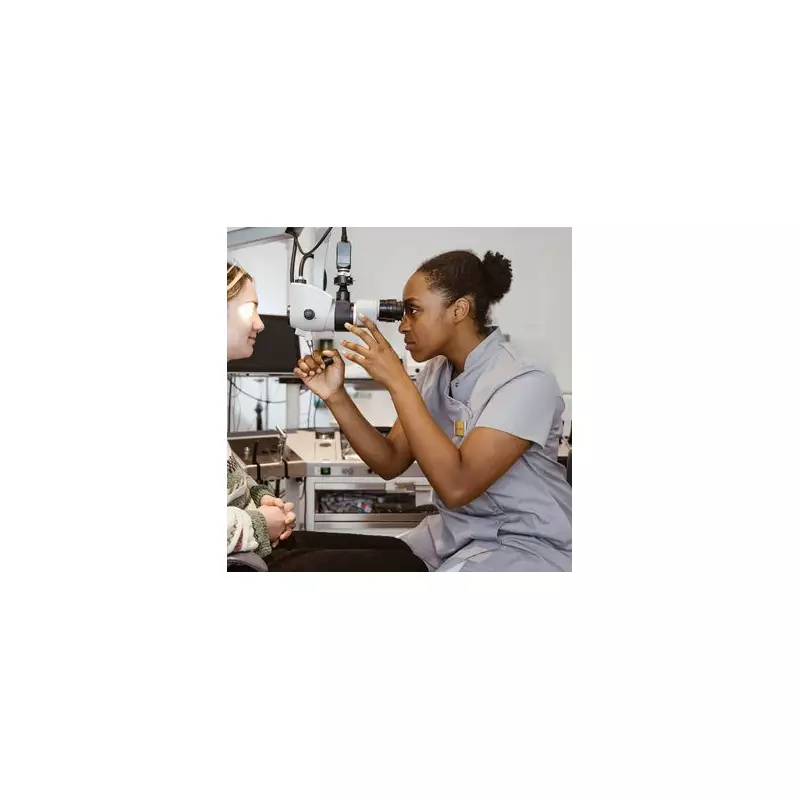
The NHS has issued an urgent health alert to millions of contact lens wearers across Britain following a concerning outbreak of a potentially blinding eye infection.
Health officials are warning that cases of Acanthamoeba keratitis, a rare but devastating infection that can cause permanent vision loss, have been steadily increasing. The infection is caused by a microscopic organism commonly found in water sources.
Why Contact Lens Wearers Are at Risk
Experts reveal that simple everyday habits could be putting millions at risk of this dangerous condition. The infection occurs when the amoeba invades the cornea, often through improper contact lens hygiene.
Common risky behaviours include:
- Showering or swimming while wearing contacts
- Using tap water to rinse lenses or cases
- Poor lens case hygiene and infrequent replacement
- Sleeping in lenses not designed for overnight wear
The Devastating Impact on Victims
Patients who have contracted the infection describe agonising pain and life-changing consequences. Some victims have undergone years of treatment, including corneal transplants, while others face permanent visual impairment.
One survivor shared: "The pain was excruciating - like having shards of glass in my eye constantly. I never imagined a simple habit could lead to potentially losing my sight."
Essential Safety Measures Every Lens Wearer Must Follow
Optometrists are urging immediate adoption of these critical safety practices:
- Always wash and thoroughly dry hands before handling lenses
- Never expose lenses to any water - including showering, swimming or hot tubs
- Use only recommended sterile solution - never tap water or saliva
- Replace lens cases monthly and clean daily with fresh solution
- Remove lenses before any water contact and before sleeping
The warning comes as NHS services report increased cases of severe eye infections, with contact lens wearers representing the majority of affected patients. Health professionals emphasise that early detection and proper hygiene are crucial in preventing this sight-threatening condition.





